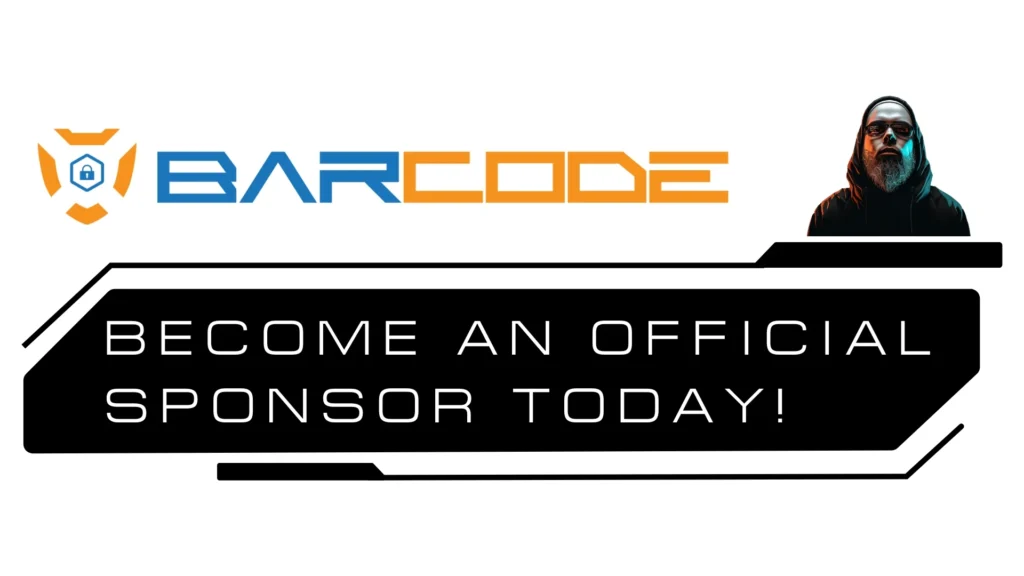SESSION TITLE: LONE STAR CYBER CIRCUS RECORDED: 12/7/23 VENUE: Hop and Sting LOCATION: Grapevine, TX GUESTS: Various SPONSOR: IBM ABOUT THE GUESTS: Cyber Distortion – Security leaders Kevin Pentecost and Jason Popillion joined forced to create ” Cyber Distortion”, a leading security podcast which they describe as their own way of paying back an industry that has been so amazing to them over the past couple of decades. They believe that as cybersecurity experts, we all play a critical role i…






